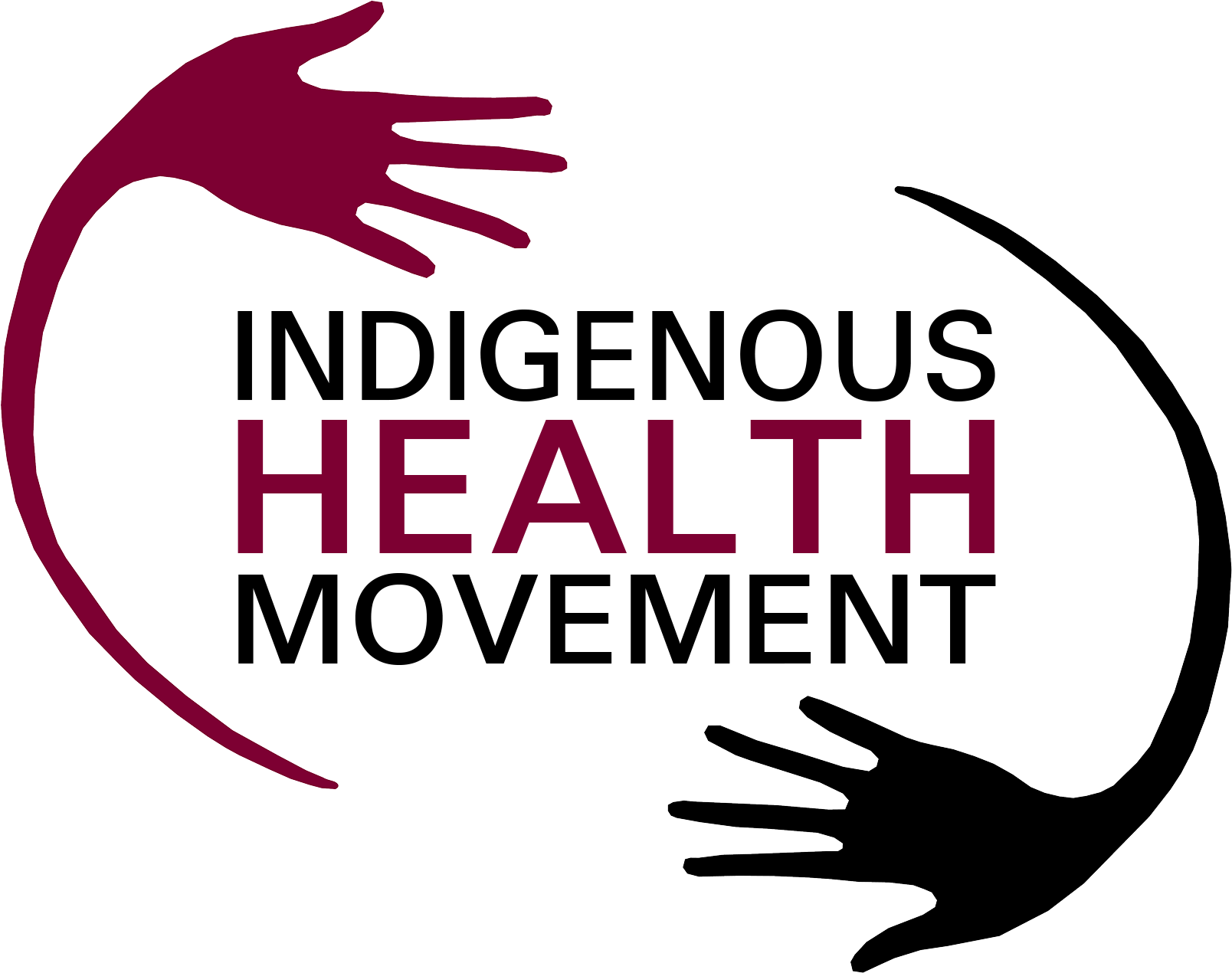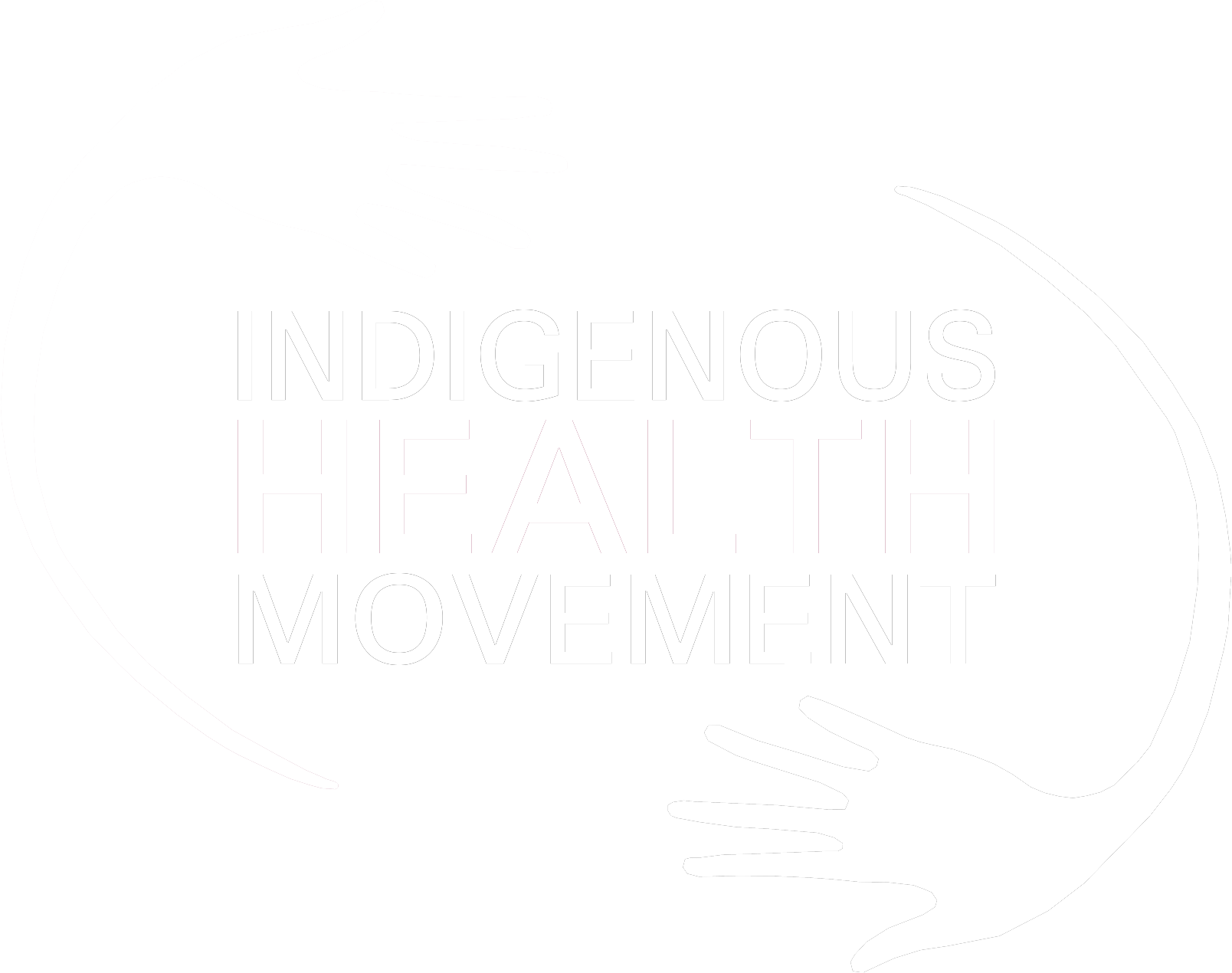Makasa Looking Horse
Makasa Looking Horse was home birthed at Six Nations through ceremony. She was taken on the Unity Ride and Run at 6 months of age and began running with them by age three in British Columbia. She participated in the Run until they arrived at Six Nations age 4. Her entire life has been interwoven in Lakota Sundance since she was two years old. She attended Longhouse throughout her life and immersion school at Kawani;io. At age 10 she started her Lakota rites of passage, throwing the ball and the next year her ishnati, where she received her pipe. By age 12 she Sundanced with her father, completing her 4 years. Elder Women Sundancer’s chose her to leads sweat lodge and the women Sundancers to this day which continues to do. She also participated Oheron;kon Rites of passage, completing her fast for 4th year in Akwasasne. She was selected by the Clanmother Louise McDonald as youth leader for Six Nations’s Ohero:Kon. She attended numerous meetings, public speaking with the Ohero: kon team in her community of Six Nations and McMaster University. She has presented at World Peace and Prayer Day 2017 and led ceremony in Hawaii, Oregon and interfaith world Summit in Utah. She took one year of Traditional Medicine Practitioners course. She has attended numerous ‘roundtables’ and

